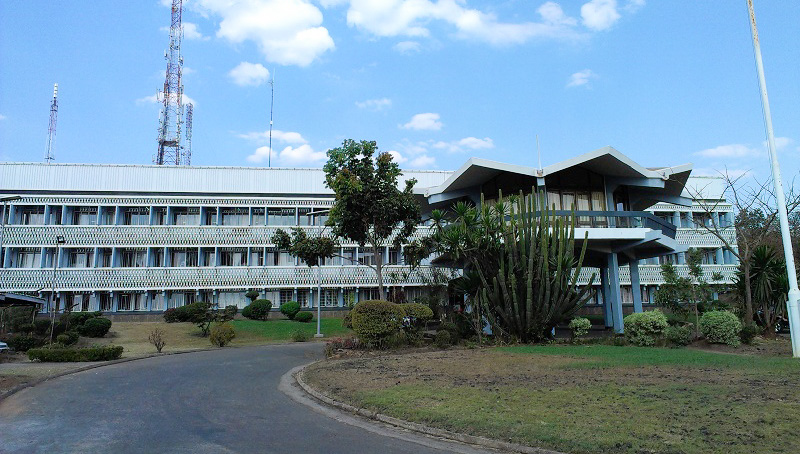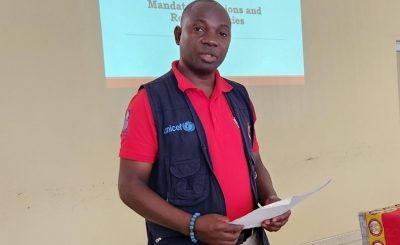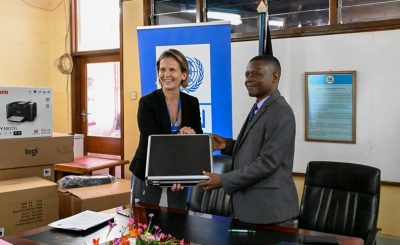The government of Malawi has failed to fully meet the minimum standards for the elimination of trafficking in persons in the country.
This is according to the global trafficking in persons report for June 2021.
It says the country has made strides in initiating trafficking investigations and prosecutions, identifying trafficking victims, introduction of anti-trafficking committees as well as developing standard operating procedures which has made Malawi to remain on tire 2.
However, the report has highlighted that government efforts to address sex trafficking were inadequate compared to the scale of the problem, government failed to report any investigations on any sex trafficking crimes and that due to lack of enough shelter and safe spaces, police detained victims during investigation process without taking proper measures to prevent re-traumatizing the victims.
The report also says credible reports of official complicity continued to impede the government’s efforts to carry out anti-trafficking law enforcement efforts and proactively identify trafficking victims.
It has also indicated that the malpractice is affecting the country’s’ and US diplomatic ties as it has been two years now since the US department of state suspended the A-3 visa sponsorship privileges afforded to Malawi bilateral mission members as a result of an unpaid default judgment rendered against a former Malawian diplomat by a federal district court in 2016 for trafficking.
The US has thus asked the Malawi government to vigorously investigate and prosecute sex and labour trafficking crimes and sentence convicted traffickers to adequate penalties under the 2015 anti-trafficking law, including complicit government officials.
The US government has also asked the Malawi government to collaborate with NGOs and international organizations to increase the government’s capacity to provide shelter and protective services to more trafficking victims.
Government has also been urged to increase protective services for victims participating in the criminal justice process to prevent re-traumatization, including establishing child friendly interviewing spaces and ensuring victims receive basic needs.





